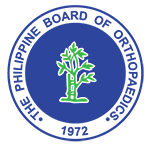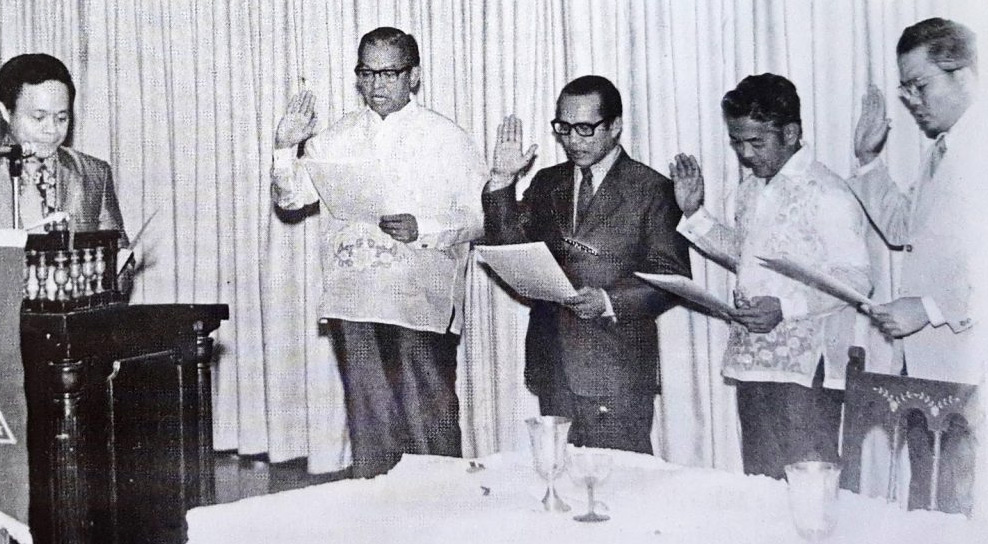During the first meeting of the elected Board of the Philippine Orthopaedic Association (POA) in 1972, the late Dr. Rodolfo C. Dimayuga as president, the idea of founding an independent examining body was considered. Such a body was envisioned to pass upon the proficiency and surgical competence of graduates of the residency training programs in Orthopaedic Surgery which at that time was being undertaken by the POA. It was suggested that as a separate body, the Philippine Board of Orthopaedics (PBO) will be an academic organization. The idea was to set forth the task of maintaining the high standards of orthopaedic training and education of the two institutions which were accredited at that time, the National Orthopaedic Hospital and the Philippine General Hospital.
The idea was enthusiastically approved and thus, the PBO was formed. The By-Laws of the new body was formulated and the initial set of officers from among the members of the current POA Board were elected. As a newly formed body, it sought official status by registering with the Securities and Exchange Commission which gave its approval on February 29, 1972.
The first to serve as its chairman was Dr. Rodolfo C. Dimayuga and the other officers were: Dr. Manuel T. Rivera, Vice-Chairman; Dr. Jose M. Pujalte, Secretary-Treasurer; Dr. Fermin M. de Leon and Dr. Antonio C. Acosta as members of the Board. The first official action of the Board was to announce that from thereon, graduates of orthopaedic residency training programs of the two institutions shall take the written, oral and practical examinations, a task which until then was administered by the POA for its prospective Fellows. Successful examinees were henceforth granted the title DIPLOMATE in Orthopaedic Surgery. The title Diplomate qualifies them to become Fellows of the POA.
Another important action of the Board was to automatically grant Diplomate titles to the incumbent Fellows of POA at that time under a grandfather’s clause provided for in the By-Laws. Thus, Drs. Ambrosio F. Tangco, Buenaventura J. Canto, Jr., Benjamin V. Tamesis, Francisco N. Aguilar and Fermin M. de Leon and other senior orthopaedic surgeons were the beneficiaries of the promulgation.
In 1984, an innovation was introduced when the PBO started giving the ITE or the in-service training examinations to all residents of accredited training programs. These examinations serve as an assessment of each resident and the training programs. On the other hand, this also served as a qualifying examination to graduating residents or recently graduated residents to take the diplomate examinations. The training programs in orthopedic surgery have grown by leaps and bounds since 1972. From the two training programs of the former National Orthopedic Hospital now known as the Philippine Orthopedic Center and the UP-Philippine General Hospital, we currently have fifteen PBO-accredited training institutions, namely: Jose R. Reyes Memorial Medical Center, Veterans Memorial Medical Center, AFP Medical Center, Santo Tomas University Hospital, Makati Medical Center, St. Luke’s Medical Center, and East Avenue Medical Center as Manila-based and the regional training centers are: Vicente Sotto Memorial Medical Center in Cebu City, Baguio General Hospital in Baguio City, Davao Medical Center, Western Visayas Medical Center and West Visayas State University Hospital in Iloilo City and Ilocos Regional Hospital in San Fernando La Union.
(Adapted from: PBO Greenbook 2nd Edition (1998) & PBO @ 25th)


